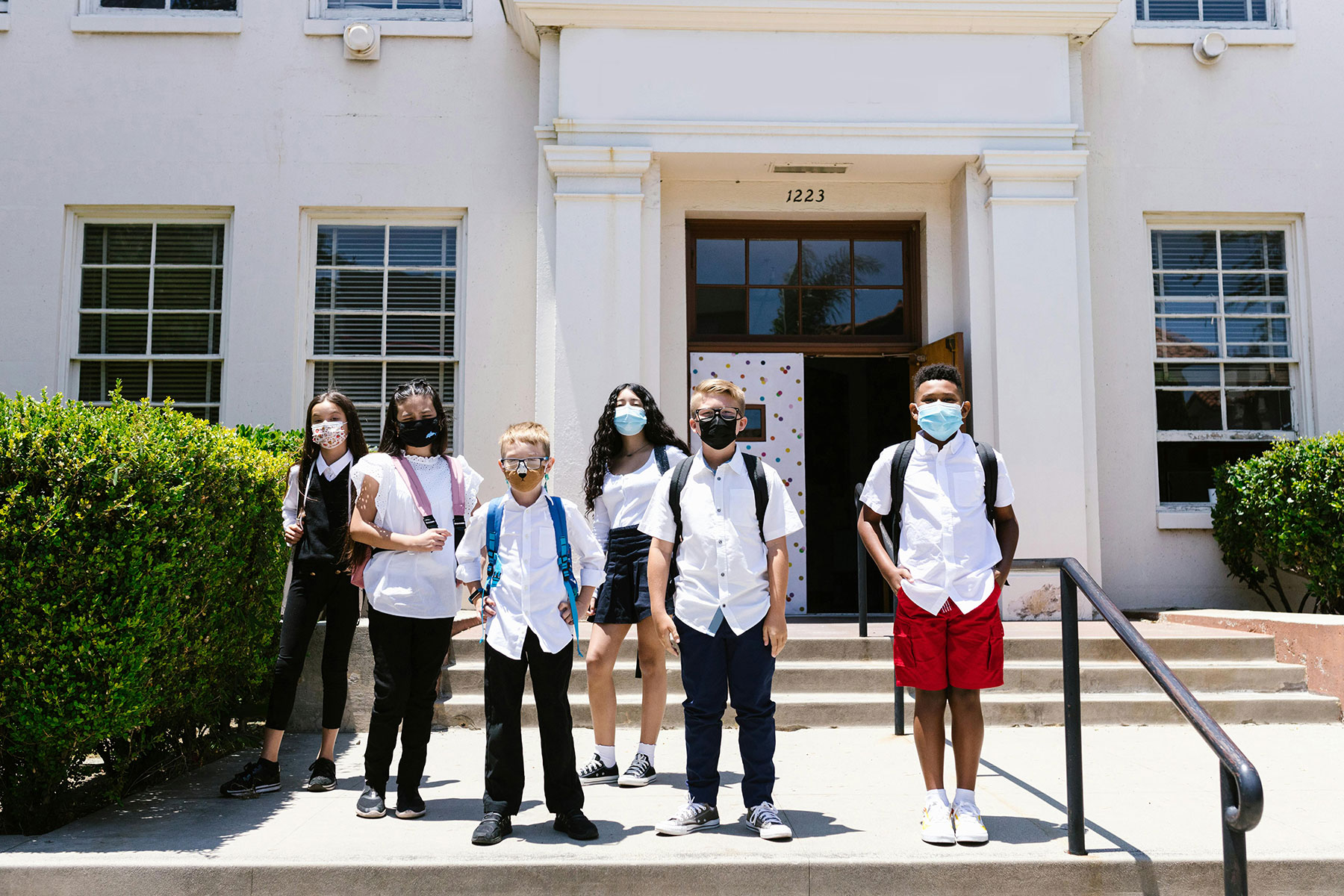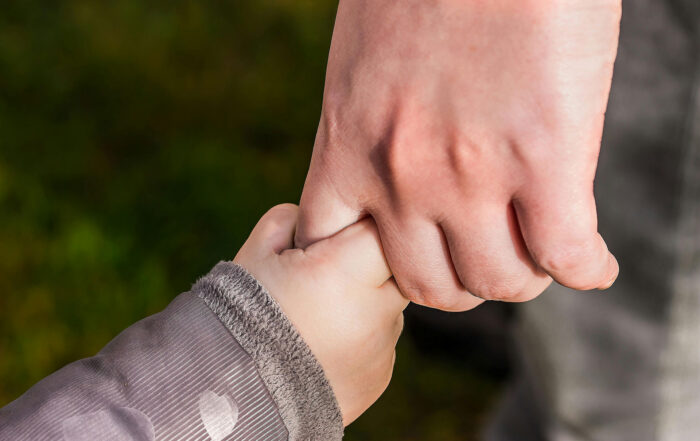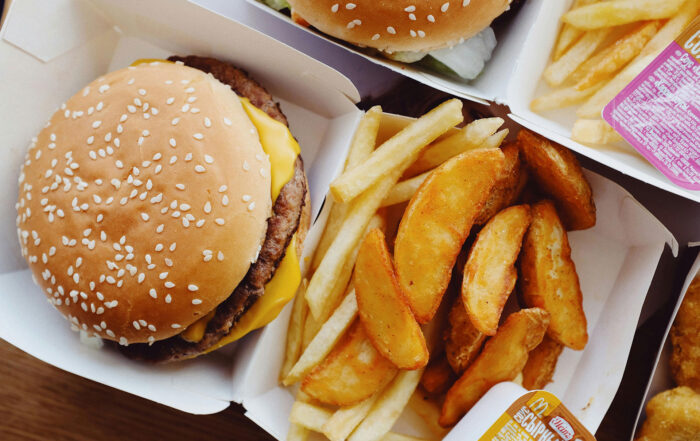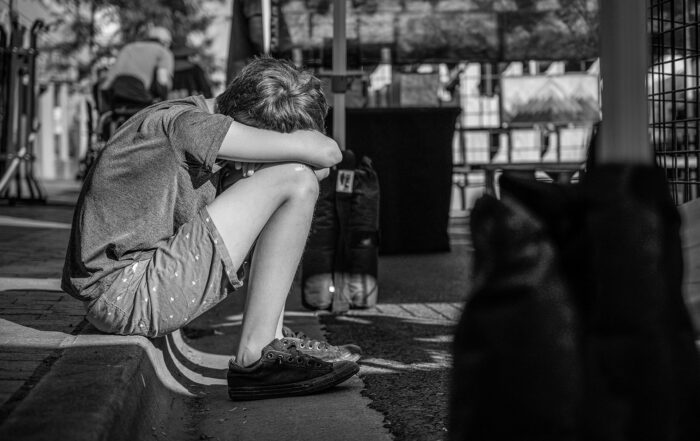
Rosalinda Guzman was inside a bathroom stall at school when something begged for attention.
It was on the door, where the school posts announcements.
“That little tiny piece of paper was just so different from everything else that it really caught my eye,” said the 18-year-old student from Kersey who attends Windsor Charter Academy.
“And it said, ‘Are you feeling stressed? Talk to your counselor. Email here or just walk in.’ And so, I did.”
That was in January when the students came back into school to learn in person.
Rosalinda, who goes by Rosi, has long struggled with anxiety, depression and abandonment issues. She also has trust issues from being bullied when she was younger. She said she’s weathered the ups and downs of the pandemic pretty well. But over the past few months, noticed she’d been feeling guilty about eating.
“It really gets in my head that I have to lose weight and I have to be slim and I can’t gain weight,” Rosi said. “So that makes me just not want to eat and not be hungry and lose my appetite.”
Eating disorders are up across all age groups during the pandemic. The school counselor encouraged Rosi to start journaling what she eats and how she feels about it. An online eating disorder group helped. Rosi feels she’s eating pretty regularly now. Being back in school helped connect her to mental health support. But while kids are at home learning remotely, many haven’t been able to access mental health interventions that might help.
Students’ mental health experiences during the pandemic have been mixed. Some kids are thriving. They like sleeping in a bit more and getting snacks when they want. Others, however, struggle.
Some adults worry about a powder keg of anxiety as more students cycle back into school. Although there’s light at the end of the pandemic tunnel now, some counselors report many children and teens are feeling emotionally, mentally and physically exhausted. It’s unclear right now whether the steps the state and some schools are taking will be enough to meet the need.
Share This Post!
Associations between Adverse Childhood Experiences and Measures of Poor Sleep Health in Adulthood
Source: ResearchGate Background: Sleep health is a multidimensional concept that plays a critical role in both physical and mental well-being. While there is evidence to suggest that sleep health may be linked [...]
Childhood trauma changes how the brain processes caregiver cues
Source: PsyPost For most young children, the sight and voice of a parent serve as a primary source of comfort and safety. A new study suggests that for children who have experienced interpersonal [...]
Child abuse and eating disorder symptoms: Shedding light on the contribution of identification with the aggressor
Source: ScienceDirect Childhood abuse has been increasingly recognized as a risk factor for eating disorder symptoms. Additionally, it has been demonstrated that childhood abuse may lead to identification with the aggressor, an automatic [...]
Can the positive buffer the negative? Testing the impact of protective childhood experiences on adjustment in adults following trauma exposure
Source: National Library of Medicine It is unclear if protective childhood experiences (PCEs), like emotional support and economic stability, exert influence on adulthood adjustment. Prior research suggests PCEs can promote childhood resilience through [...]
Complex Trauma Effects
Source: The National Child Traumatic Stress Network (NCTSN) Children whose families and homes do not provide consistent safety, comfort, and protection may develop ways of coping that allow them to survive and function [...]
Trauma-Informed Organizations
Source: The National Child Traumatic Stress Network (NCTSN) Part 2 provides a broad overview of how to create and implement an institutional framework for trauma-informed services in program delivery and staff development, policies [...]







